February 5 stands as one of history’s most eventful days, witnessing the rise and fall of empires, groundbreaking discoveries, and moments that shaped our modern world across centuries of human achievement.
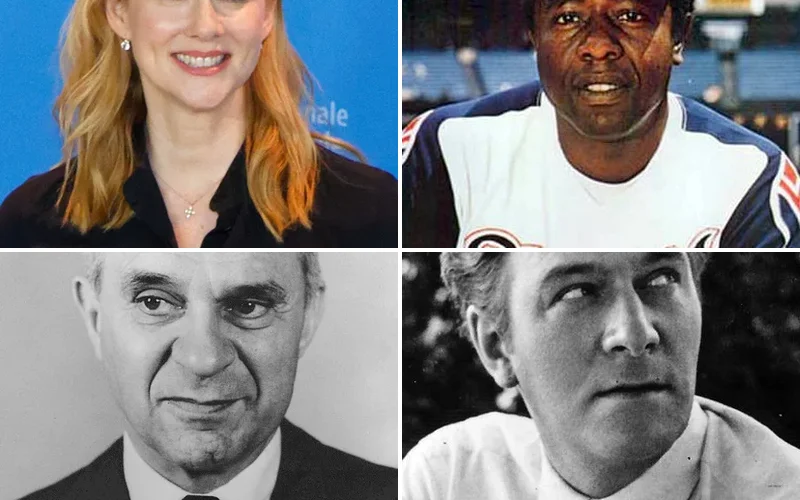
Politics and Government Events on February 5
1917 – Mexican Constitution Adopted

Mexico adopted its current constitution on this date, establishing a federal republic with clearly separated powers. The document created independent executive, legislative, and judicial branches of government.
Revolutionary leaders crafted this constitution following years of civil war and political upheaval. The new framework would guide Mexican governance for over a century, becoming one of the world’s most durable political documents.
1917 – Immigration Act Passes Over Presidential Veto
The United States Congress successfully overrode President Woodrow Wilson’s veto to pass the Immigration Act of 1917. This legislation imposed strict literacy tests and expanded restrictions on immigration to America.
The act reflected growing isolationist sentiment as World War I raged across Europe. Wilson’s opposition proved insufficient against congressional determination to limit foreign immigration during wartime.
1939 – Franco Assumes Spanish Leadership
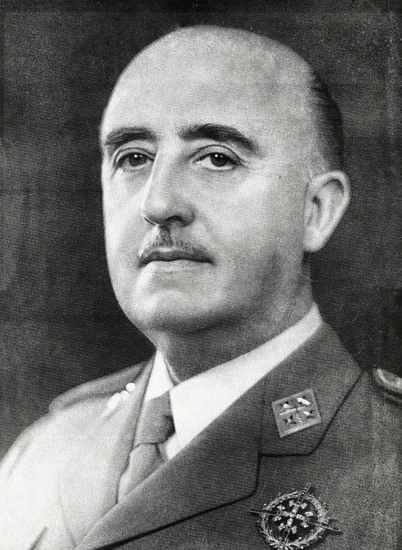
Generalísimo Francisco Franco officially became the 68th “Caudillo de España” or Leader of Spain. His rise to power marked the end of the Spanish Civil War and the beginning of nearly four decades of authoritarian rule.
Franco’s dictatorship would reshape Spanish society completely through centralized control and conservative policies. The new regime systematically suppressed regional autonomy and democratic opposition throughout the country.
1958 – Nasser Nominated as UAR President
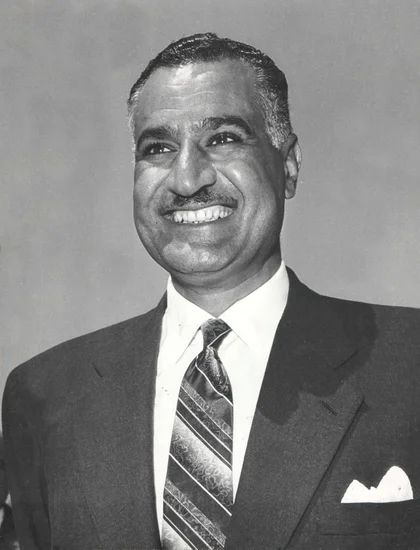
Gamal Abdel Nasser received nomination to become the first president of the United Arab Republic. This political union between Egypt and Syria represented a bold experiment in Arab nationalism.
Nasser’s leadership symbolized rising pan-Arab sentiment across the Middle East during the Cold War era. The UAR would attempt to forge a unified Arab identity against Western colonial influence.
1962 – De Gaulle Calls for Algerian Independence
French President Charles de Gaulle publicly called for Algeria to be granted independence from France. This dramatic policy shift marked the beginning of the end for French colonial rule in North Africa.
De Gaulle’s announcement shocked both supporters and opponents of French Algeria. His decision would lead to the Évian Accords and Algeria’s independence within months.
2020 – Trump Acquitted in First Impeachment Trial

United States President Donald Trump was acquitted by the United States Senate in his first impeachment trial. The largely party-line vote ended months of constitutional proceedings over abuse of power charges.
Republicans maintained their support for Trump despite House Democrats’ accusations of soliciting foreign election interference. The acquittal allowed Trump to continue his presidency until the 2020 election.
Military and Naval History on February 5
1913 – First Naval Air Mission in History
Greek military aviators Michael Moutoussis and Aristeidis Moraitinis performed the first naval air mission in history using a Farman MF.7 hydroplane. This pioneering flight demonstrated aviation’s potential for naval reconnaissance and warfare.
The successful mission marked a revolutionary moment in military technology and tactics. Naval forces worldwide would soon recognize aircraft as essential tools for maritime operations and coastal defense.
1918 – First American Aerial Victory
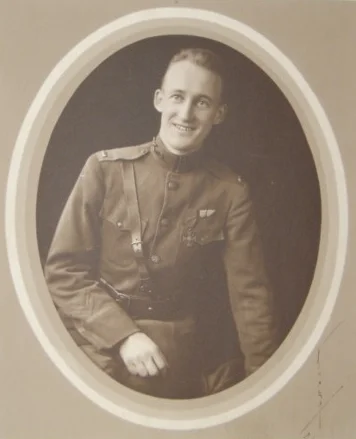
Stephen W. Thompson shot down a German airplane, achieving the first aerial victory by the United States military. This historic air combat success proved American aviators could compete effectively against experienced German pilots.
Thompson’s victory boosted American morale and demonstrated the growing importance of air power in World War I. His achievement helped establish American aviation as a legitimate force in European combat operations.
1918 – SS Tuscania Torpedoed
SS Tuscania became the first ship carrying American troops to Europe to be torpedoed and sunk off the coast of Ireland. German U-boats had successfully targeted American military transport for the first time.
The attack killed numerous American servicemen and demonstrated the deadly effectiveness of submarine warfare. This incident intensified American determination to defeat German naval forces in the Atlantic.
1941 – Battle of Keren Begins
World War II Allied forces launched the Battle of Keren to capture the strategic city of Keren, Eritrea. This East African campaign represented crucial Allied efforts to eliminate Italian colonial forces.
The battle would prove one of the most challenging mountain warfare operations of the war. Allied victory at Keren would effectively end Italian resistance in East Africa.
1945 – MacArthur Returns to Manila

General Douglas MacArthur returned to Manila during World War II, fulfilling his famous promise to return to the Philippines. American forces had successfully fought their way back to the Philippine capital.
MacArthur’s dramatic return symbolized American determination to liberate the Philippines from Japanese occupation. The general’s presence boosted Filipino morale and demonstrated America’s commitment to Pacific victory.
1958 – Hydrogen Bomb Lost Off Georgia Coast
The United States Air Force lost a hydrogen bomb known as the Tybee Bomb off the coast of Savannah, Georgia. The nuclear weapon was never recovered despite extensive search operations.
This incident highlighted the dangers of nuclear weapons transport during the Cold War era. The missing bomb remains one of the most significant nuclear accidents in American military history.
Science and Discovery Milestones on February 5
1907 – Bakelite Announced
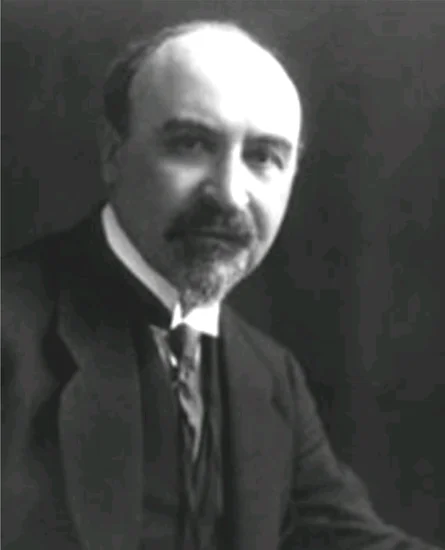
Belgian chemist Leo Baekeland announced the creation of Bakelite, the world’s first synthetic plastic. This revolutionary material would transform manufacturing and consumer products across countless industries.
Baekeland’s invention launched the modern plastics industry and changed how people lived and worked. His synthetic polymer provided unprecedented durability and versatility for industrial and household applications.
1971 – Apollo 14 Moon Landing
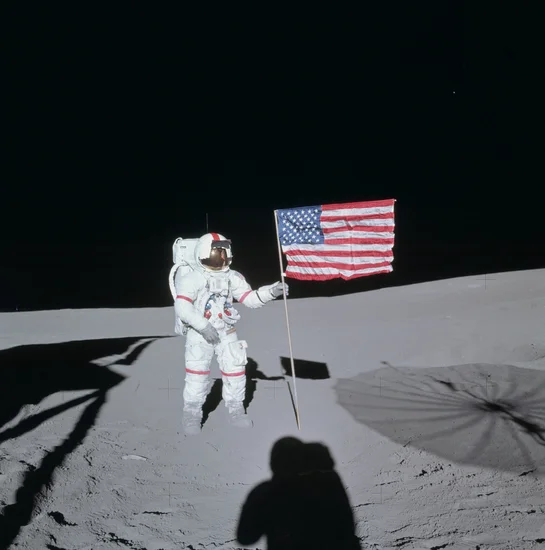
Astronauts successfully landed on the Moon during the Apollo 14 mission, continuing America’s lunar exploration program. The crew conducted important scientific experiments and collected valuable geological samples.
This third successful Moon landing demonstrated NASA’s growing expertise in lunar operations. The mission’s scientific achievements advanced human understanding of the Moon’s composition and formation.
1910 – Greenwich Time Signal Begins
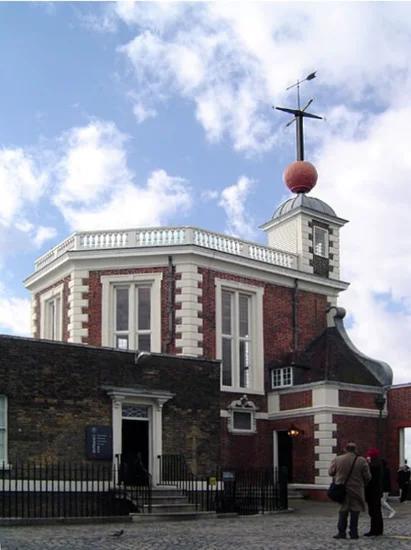
The Royal Greenwich Observatory began broadcasting the hourly time signals known as the Greenwich Time Signal. This service provided accurate time information to ships, railways, and civilians worldwide.
The time signals revolutionized global navigation and communication by establishing universal time standards. Greenwich Mean Time became the foundation for international timekeeping and coordination.
Cultural and Arts Events on February 5
1913 – Monteverdi Opera Revived
Claudio Monteverdi’s last opera L’incoronazione di Poppea received its first theatrical performance in more than 250 years. This revival marked a significant moment in baroque music appreciation and historical performance practice.
The opera’s return to the stage demonstrated growing interest in early music and authentic performance. Monteverdi’s masterpiece would inspire countless musicians and opera companies worldwide.
1919 – United Artists Founded

Charlie Chaplin, Mary Pickford, Douglas Fairbanks, and D.W. Griffith launched United Artists, revolutionizing Hollywood’s business model. These major stars created their own distribution company to maintain creative and financial control.
The formation of United Artists challenged the established studio system and gave artists unprecedented independence. This groundbreaking venture would influence entertainment industry practices for decades.
1967 – Shanghai People’s Commune Proclaimed
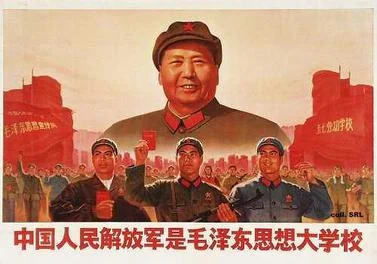
The Shanghai People’s Commune was formally proclaimed during China’s Cultural Revolution, with Yao Wenyuan and Zhang Chunqiao appointed as its leaders. This radical political experiment represented an extreme attempt at revolutionary governance.
The commune’s establishment reflected the Cultural Revolution’s goal of completely transforming Chinese society. However, this radical experiment would prove short-lived and ultimately unsuccessful.
Religious and Social Events on February 5
2019 – Pope Francis Visits Arabian Peninsula
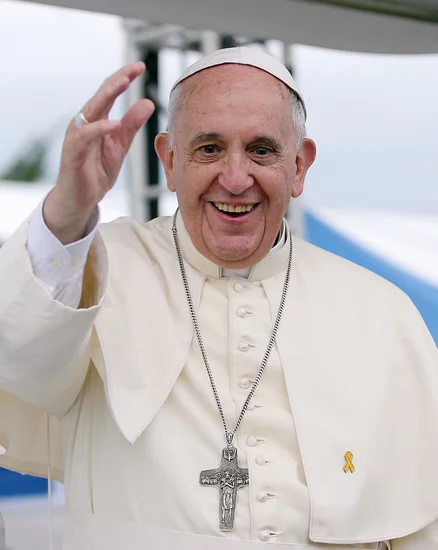
Pope Francis became the first Pope in history to visit and perform papal mass in the Arabian Peninsula during his visit to Abu Dhabi. This historic visit promoted interfaith dialogue and religious tolerance.
The papal visit demonstrated growing cooperation between Catholic and Islamic communities. Francis’s presence in the birthplace of Islam sent powerful messages about religious understanding and peace.
1975 – Lima Riots Erupt
Riots broke out in Lima, Peru, after police forces went on strike the previous day. The uprising, locally known as the Limazo, was bloodily suppressed by the military dictatorship.
The riots reflected growing social tensions and economic problems in Peru during the 1970s. Military authorities used excessive force to restore order, further damaging their legitimacy.
1981 – Operation Soap Raids
The Metropolitan Toronto Police Force raided four gay bathhouses in Toronto, Ontario, Canada, arresting just under 300 people. This operation triggered mass protests and rallies throughout the city.
The raids galvanized Toronto’s LGBTQ+ community and sparked a broader civil rights movement. The protests that followed became known as Canada’s Stonewall, advancing gay rights across the country.
Business and Economic Events on February 5
1901 – U.S. Steel Incorporated
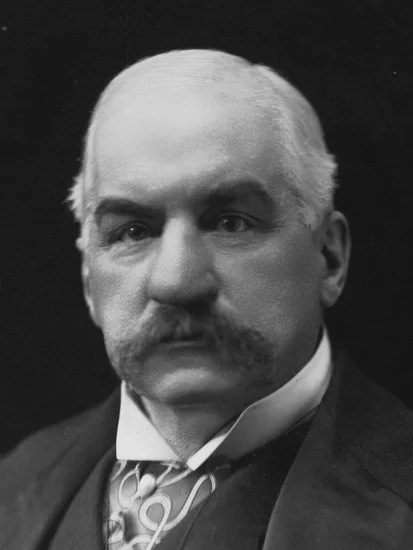
J.P. Morgan incorporated U.S. Steel in New Jersey, creating what would become the world’s largest steel company. The corporation would acquire Carnegie Steel, Federal Steel, and National Steel assets within months.
Morgan’s financial engineering created America’s first billion-dollar corporation and transformed the steel industry. U.S. Steel’s formation marked the beginning of the modern corporate consolidation era.
1997 – Swiss Banks Create Holocaust Fund
The three major Swiss banks announced the creation of a $71 million fund to aid Holocaust survivors and their families. This initiative addressed growing international pressure over wartime banking practices.
The fund represented Switzerland’s acknowledgment of its complicated relationship with Nazi Germany during World War II. Swiss banks faced intense scrutiny over their handling of Jewish assets and gold.
1988 – Noriega Indicted

Manuel Noriega was indicted on drug smuggling and money laundering charges, escalating tensions between Panama and the United States. The charges accused the Panamanian leader of facilitating Colombian drug trafficking.
Noriega’s indictment marked a significant escalation in America’s war on drugs. The charges would eventually lead to the U.S. invasion of Panama and Noriega’s capture.
Transportation and Infrastructure on February 5
1905 – General Hospital of Mexico Opens

The General Hospital of Mexico was inaugurated in Mexico City, beginning operations with four basic medical specialties. This modern facility represented a major advancement in Mexican healthcare infrastructure.
The hospital’s opening marked Mexico’s commitment to improving public health and medical education. It would become one of Latin America’s most important medical institutions.
2020 – Pegasus Airlines Crash
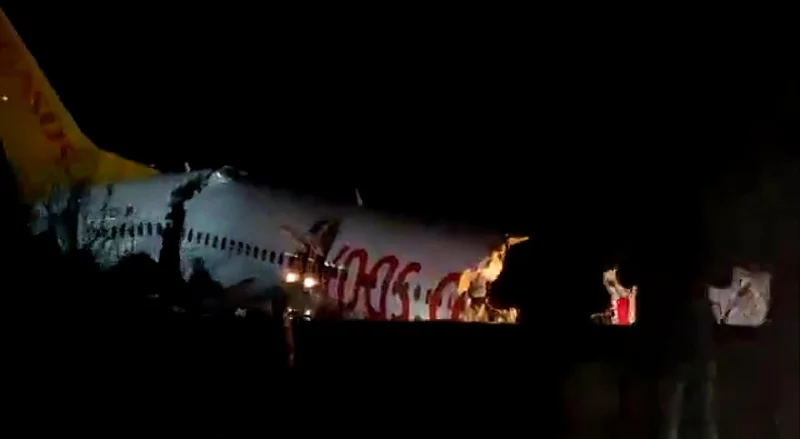
Pegasus Airlines Flight 2193 overshot the runway at Sabiha Gökçen International Airport and crashed, killing three people and injuring 179. The accident highlighted ongoing concerns about runway safety and aircraft operations.
The crash demonstrated the continuing risks of commercial aviation despite improved safety records. Investigators would examine weather conditions, pilot training, and airport infrastructure in their analysis.
2008 – Southern United States Tornado Outbreak

A major tornado outbreak across the Southern United States killed 57 people and caused extensive property damage. The severe weather event demonstrated the destructive power of natural disasters.
The outbreak affected multiple states and highlighted the importance of weather forecasting and emergency preparedness. Communities across the region struggled to recover from the widespread destruction.
Sports and Recreation on February 5
1985 – Punic War Treaty Signed
Ugo Vetere, mayor of Rome, and Chedli Klibi, mayor of Carthage, met in Tunis to sign a treaty of friendship officially ending the Third Punic War. This ceremonial gesture concluded a conflict that had lasted 2,131 years.
The treaty represented a symbolic act of reconciliation between two ancient Mediterranean civilizations. The mayors’ meeting generated international attention and promoted cultural understanding between Italy and Tunisia.
1933 – Dutch Navy Mutiny
A mutiny occurred aboard the Royal Netherlands Navy warship HNLMS De Zeven Provinciën off the coast of Sumatra, Dutch East Indies. The crew’s rebellion reflected growing tensions over pay cuts and working conditions.
The mutiny challenged Dutch colonial authority and demonstrated growing unrest within the armed forces. Naval authorities would eventually suppress the rebellion, but the incident exposed serious morale problems.
1994 – Beckwith Convicted
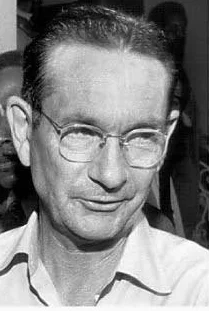
Byron De La Beckwith was convicted of the 1963 murder of civil rights leader Medgar Evers. The delayed justice came more than 30 years after the original crime and multiple failed prosecutions.
Beckwith’s conviction demonstrated that civil rights murders would not go unpunished despite decades of delay. The successful prosecution showed how persistent legal efforts could achieve justice.
Notable Births on February 5
1985 – Cristiano Ronaldo

Portuguese footballer Cristiano Ronaldo was born in Funchal, Madeira, beginning a journey that would make him one of football’s greatest players. His exceptional athletic ability became evident during his youth career.
Ronaldo would go on to win multiple Ballon d’Or awards and Champions League titles. His dedication to training and performance set new standards for professional football excellence.
1973 – Neymar

Brazilian footballer Neymar was born in Mogi das Cruzes, São Paulo, destined to become one of the world’s most skillful and marketable players. His flair and creativity would captivate football fans globally.
Neymar’s career would span top clubs in Brazil, Spain, and France. His playing style combined technical brilliance with an entertaining personality that transcended sports.
1914 – William S. Burroughs
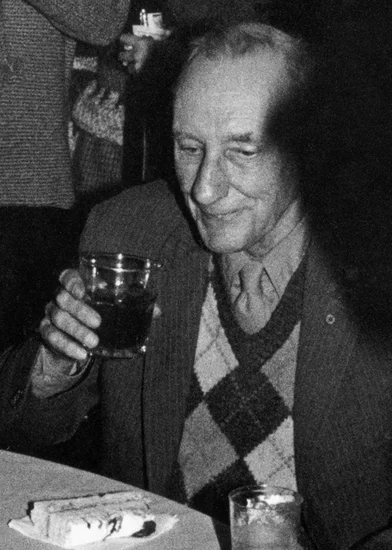
American novelist William S. Burroughs was born in St. Louis, Missouri, beginning a life that would revolutionize literature and counterculture. His experimental writing techniques challenged conventional narrative forms.
Burroughs would become a leading figure in the Beat Generation and influence countless writers. His works explored themes of addiction, sexuality, and social alienation with unprecedented honesty.
1948 – Christopher Guest
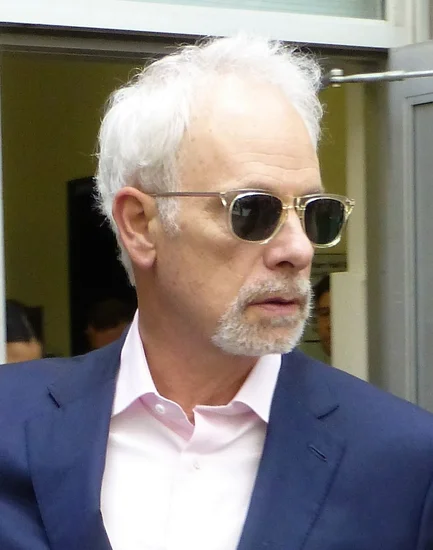
British-American actor and director Christopher Guest was born in New York City, bringing a unique comedic voice to film and television. His improvisational skills would define mockumentary filmmaking.
Guest would create beloved films like “This Is Spinal Tap” and “Best in Show.” His satirical approach to documentary filmmaking influenced comedy for generations.
1934 – Hank Aaron
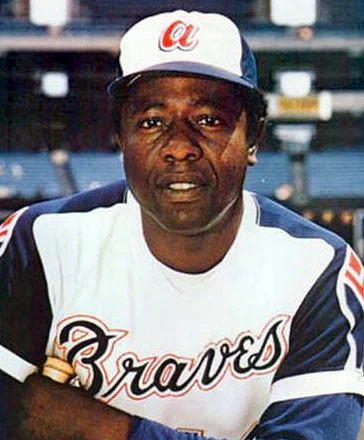
American baseball player Hank Aaron was born in Mobile, Alabama, beginning a career that would break racial barriers and batting records. His determination helped integrate professional baseball.
Aaron would become Major League Baseball’s all-time home run leader and a symbol of perseverance. His achievements on and off the field advanced civil rights and athletic excellence.
1964 – Laura Linney

American actress Laura Linney was born in New York City, launching a career that would span theater, film, and television. Her versatility and intelligence would earn critical acclaim across multiple mediums.
Linney would win Emmy Awards and receive Oscar nominations for her powerful performances. Her ability to portray complex characters made her one of America’s most respected actresses.
Notable Deaths on February 5
2020 – Kirk Douglas
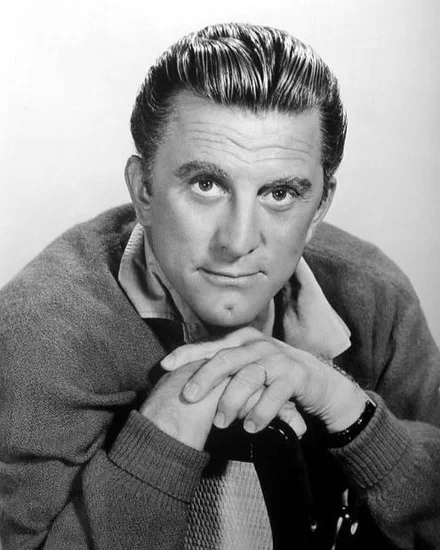
American actor Kirk Douglas died at age 103, ending a legendary career that spanned Hollywood’s golden age. His powerful performances and distinctive voice made him one of cinema’s most recognizable stars.
Douglas appeared in classics like “Spartacus” and “Paths of Glory.” His commitment to social justice and artistic integrity influenced generations of actors and filmmakers.
2021 – Christopher Plummer

Canadian actor Christopher Plummer died at age 91, concluding a distinguished career in theater and film. His versatility and classical training made him one of the most respected performers of his generation.
Plummer won an Academy Award for “Beginners” and was beloved for his role in “The Sound of Music.” His theatrical background brought depth and gravitas to every performance.
2008 – Maharishi Mahesh Yogi
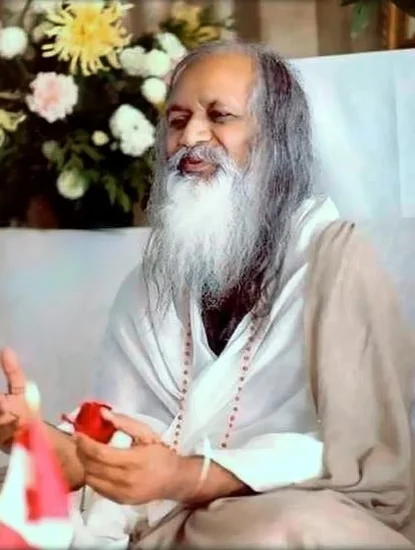
Indian spiritual leader Maharishi Mahesh Yogi died in the Netherlands, ending a life dedicated to spreading Transcendental Meditation worldwide. His teachings influenced millions of practitioners globally.
The Maharishi brought ancient meditation techniques to Western audiences and established a global organization. His work with celebrities like The Beatles helped popularize Eastern spirituality in the West.
1941 – Banjo Paterson

Australian journalist and poet Banjo Paterson died, leaving behind a literary legacy that defined Australian culture. His ballads and stories captured the spirit of the Australian bush and its people.
Paterson wrote “Waltzing Matilda” and “The Man from Snowy River,” works that became part of Australian national identity. His writing celebrated the rugged individualism and humor of rural Australia.
1999 – Wassily Leontief

Russian-American economist Wassily Leontief died, having revolutionized economic analysis through his input-output models. His mathematical approach to economics earned him the Nobel Prize in Economic Sciences.
Leontief’s work provided new tools for understanding economic relationships and planning. His analytical methods influenced economic policy and business strategy worldwide.
1972 – Marianne Moore
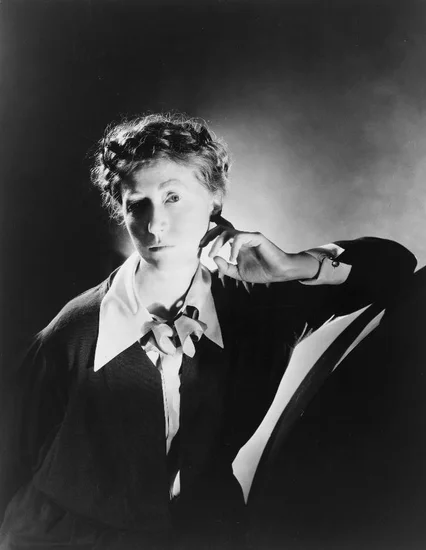
American poet Marianne Moore died, leaving behind a unique poetic voice that combined precision with wit. Her innovative approach to verse form and subject matter influenced modern poetry significantly.
Moore’s work explored nature, art, and human behavior with remarkable observation and intelligence. Her contributions to American literature earned widespread recognition and numerous awards.
Holidays and Observances on February 5
Kashmir Solidarity Day
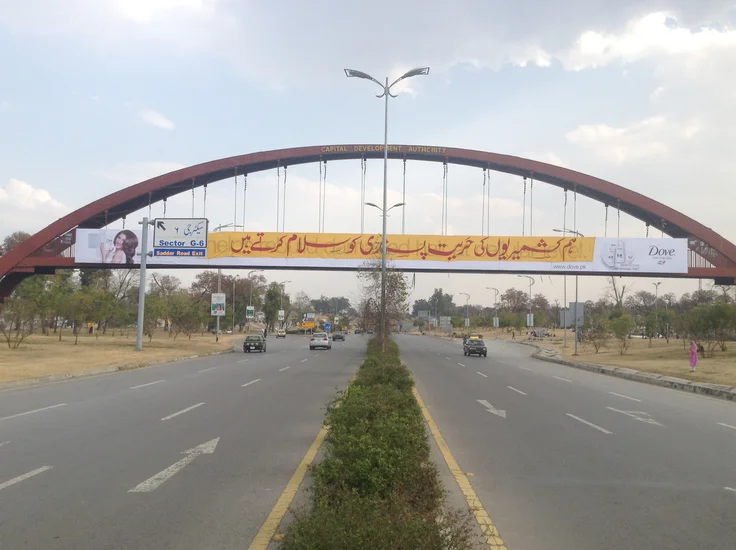
Pakistan observes Kashmir Solidarity Day to express support for the people of Kashmir and their right to self-determination. The day features rallies, speeches, and cultural events throughout the country.
Government officials and citizens participate in demonstrations calling for resolution of the Kashmir dispute. The observance reflects Pakistan’s ongoing commitment to the Kashmir cause in international forums.
Runeberg Day
Finland celebrates Runeberg Day in honor of Johan Ludvig Runeberg, the national poet who wrote the lyrics to the Finnish national anthem. Traditional celebrations include eating Runeberg tortes and reciting poetry.
The holiday celebrates Finnish literature and cultural heritage through various educational and cultural activities. Schools and libraries organize special events to promote appreciation of Finnish poetry and national identity.
Feast of Saint Agatha
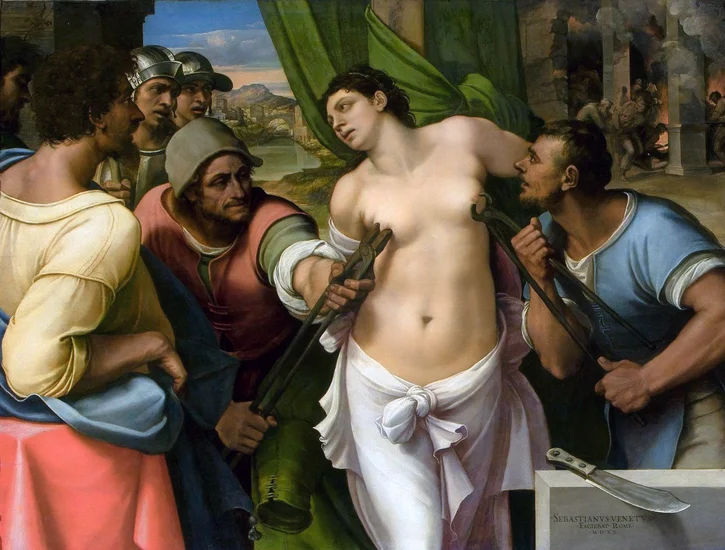
Christian communities worldwide observe the feast day of Saint Agatha of Sicily, a third-century martyr who became the patron saint of breast cancer patients. Traditional celebrations include special masses and processions.
The saint’s feast day is particularly significant in Sicily, where elaborate festivals honor her memory. Devotees pray for healing and protection while participating in religious ceremonies and cultural traditions.
